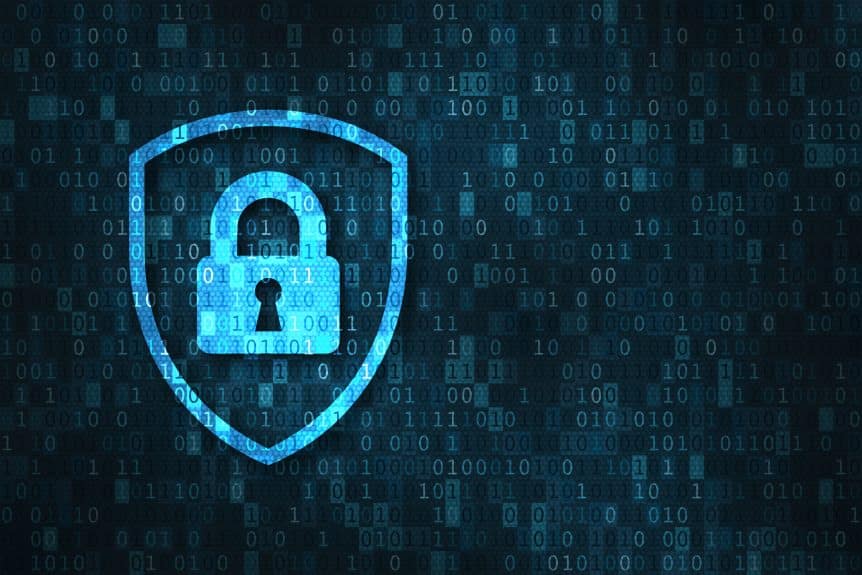
5 part series – 28 CFR – Data Collection Requirements – Continued
This is the 3rd installment of our 5 part series on 28-CFR
As mentioned in part 2 of this series, it is extremely important to monitor and secure your stored data. Again, requirements for gang databases can vary depending on your jurisdiction and local rules, but a few specific requirements are suggested below.
Retention Requirements:
- Time Period: Gang databases typically have specific time periods for retaining data. Usually, law enforcement agencies may retain gang-related information for a 5 year period.
- Purging Criteria: Retention guidelines often include provisions for purging outdated or irrelevant information from the database. This ensures that only current and relevant data is maintained.
- Legal Obligations: Retention periods may be influenced by legal obligations or requirements imposed by state or federal laws. These obligations could include preserving data for ongoing investigations, pending legal proceedings, or other specific purposes.
Dissemination Requirements:
- Authorized Access: Gang databases typically restrict access to authorized personnel, such as law enforcement officers or designated personnel. Access is limited to those with a legitimate need to know.
Other than law enforcement officers, access may include:
* Prosecutors
* Parole or probation officers
* Authorized individuals within intelligence agencies - Purpose Limitation: Information from gang databases is usually disseminated for specific purposes only. Sharing data beyond these purposes may be prohibited or require additional authorization. Lawful purposes include:
* Criminal Investigations
* Public Safety
* Officer Safety
* Prosecution and Legal Proceedings - Data Protection: Dissemination requirements may include safeguards to protect the privacy and confidentiality of individuals listed in the gang database. This can include provisions for secure transmission of information and limitations on the re-sharing of data.
- Recordkeeping: Agencies are often required to maintain records of data disseminated from gang databases. This helps ensure accountability and oversight of the information shared.
The Gangscope, or Intelscope, database is so crucial to have because it can include and organize all the above listed elements for you.
The GangScope Team
_____________________________
GangScope™ is an intelligence database that helps capture, analyze, search and share intelligence on criminals, gangs, and more. GangScope acts as a first-tier, internal database that manages data on known and suspected criminals and gang members. Intelligence is collected per incident and can include qualifiers, associates, acquaintances (points of contact), witnesses, images, and documents. GangScope’s collection of detailed information aids in investigations, analysis and ultimately solving crime. The software complies with standards outlined by federal (28 CFR) policies. While complying with standards, GangScope™ boasts usability through simple yet extensive data mining via search, reports, profiles, and watches.
The overall goal of GangScope™ is to provide law enforcement personnel/ crime analysts/ correctional officers/prosecutors with maximum data through a friendly user interface while remaining cost-effective.
A non-gang version – IntelScope is also available if needed.
To learn more or to schedule a full demo of our system – request a demo here. We would welcome the opportunity to show you how Gangscope can help your department organize and store your data in a secure and compliant way.

